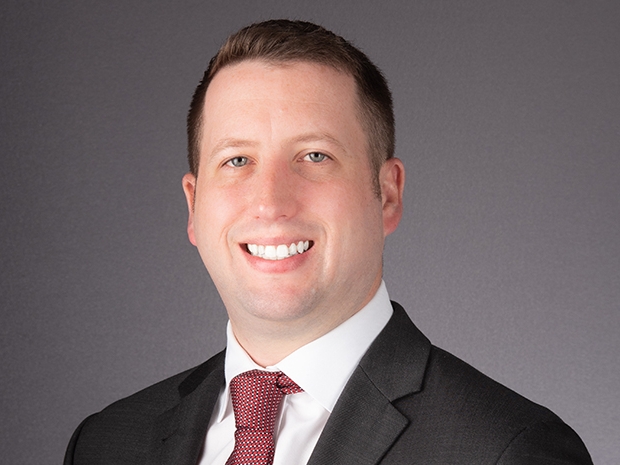2. Always consider the nature of the investment
Investors must think about each aspect of the investment, Qamar said. Is it better to put money into multifamily or single-family investments in a particular foreign market? Perhaps office buildings or retail? How long will the investor hold onto the investment property?
“We need to understand the nature of the investment itself,” Qamar said.
Each market may also have rules about how the investment is held, Qamar said. In some foreign markets, investors can’t hold a property directly—they must hold it in a certain tax entity, also known as a structuring vehicle.
Then, investors must think about what type of money the investment will generate. It could generate income, capital gains, or dividends—and each will be taxed differently, depending on the location and contexts at play.
“We have to plan for each income stream to bring it back to investors, ensuring minimal tax exposure in the local country,” Qamar said.
Each of these factors is important to consider from the beginning of investing in foreign markets.
3. Remember that investors are still drawn to large, stable markets
Popular international investments are typically in large, stable markets that are globally known, according to Helberg. This includes cities like London, Berlin, Paris, and Tokyo.
“These are sophisticated cities and there's already plenty of foreign capital there,” Helberg said.
It’s more difficult to invest in emerging markets, Qamar said, such as India and China. These countries simply have different property ownership rights than the United States does, making the investments a bit more difficult to trust. A Chinese national, for example, can’t even directly own land in China, he said, let alone a foreign investor.
4. Work with someone on the inside
When investing in a new market, Qamar and Helberg both said that it’s important to have local partners. Helberg said that he’s seen U.S. investors with interest in the Canadian market with a local partner who is familiar with tax structuring in Canada, as an example.
Few investors go into a new market alone, Qamar said, since having someone who knows the area helps them better understand the market and what challenges they may face.
“There’s usually a consortium of investors joining forces together,” Qamar said. “The local investors are bringing in a new investment and they're attracting capital from the United States to their home.”
5. Consult your advisors ASAP
When investing in a foreign market, hire and consult with advisors, consultants, and experts well before important deadlines are coming.
“It’s important to get us involved early,” Helberg said. “The last thing we want in any deal is to be told about an issue at the last minute. It compresses the time you have to potentially improve the structure of the investment to minimize your tax leakage.”
Qamar believes that investors should consult their advisors as soon as they’ve found a deal and are seeking approval from their investment committee. When hired early, advisors can help find areas of leakage, stay abreast of law and tax changes, and look for other factors that could have an impact the bottom line.
“Advisors should be part of the exit strategy as well,” Qamar said. “Investors must think through whether they’ll sell the shares of that company or the underlying asset. The answer could be very different than what they expected. Involving advisors from the start can produce a major yield to their overall return. And that's critical.”
6. Consider the future of foreign investment
The regulatory landscape that exists now will always be in flux. As Helberg said, the one thing to expect when investing in foreign markets is that there will be nuances, and those nuances will always change too.
“There’s talk of global tax, even, so those rules are always evolving, always changing,” Helberg said. “You may know about investing in a particular country—but the rule set could be different six months from now.”
One piece that investors can plan for right now is the global movement toward ESG (environmental, social, and corporate governance). Qamar said that many governments and corporations now have loftier ESG goals, especially in Europe, which means more will be expected from local real estate in many areas.
“If you are an investor in real estate, you might be investing in renewable assets,” Qamar said. “Or if you are developing real estate and you will be utilizing renewable energy, you will fulfill the energy needs through solar power. There could be additional incentives for you that can enhance your return on investment.”



